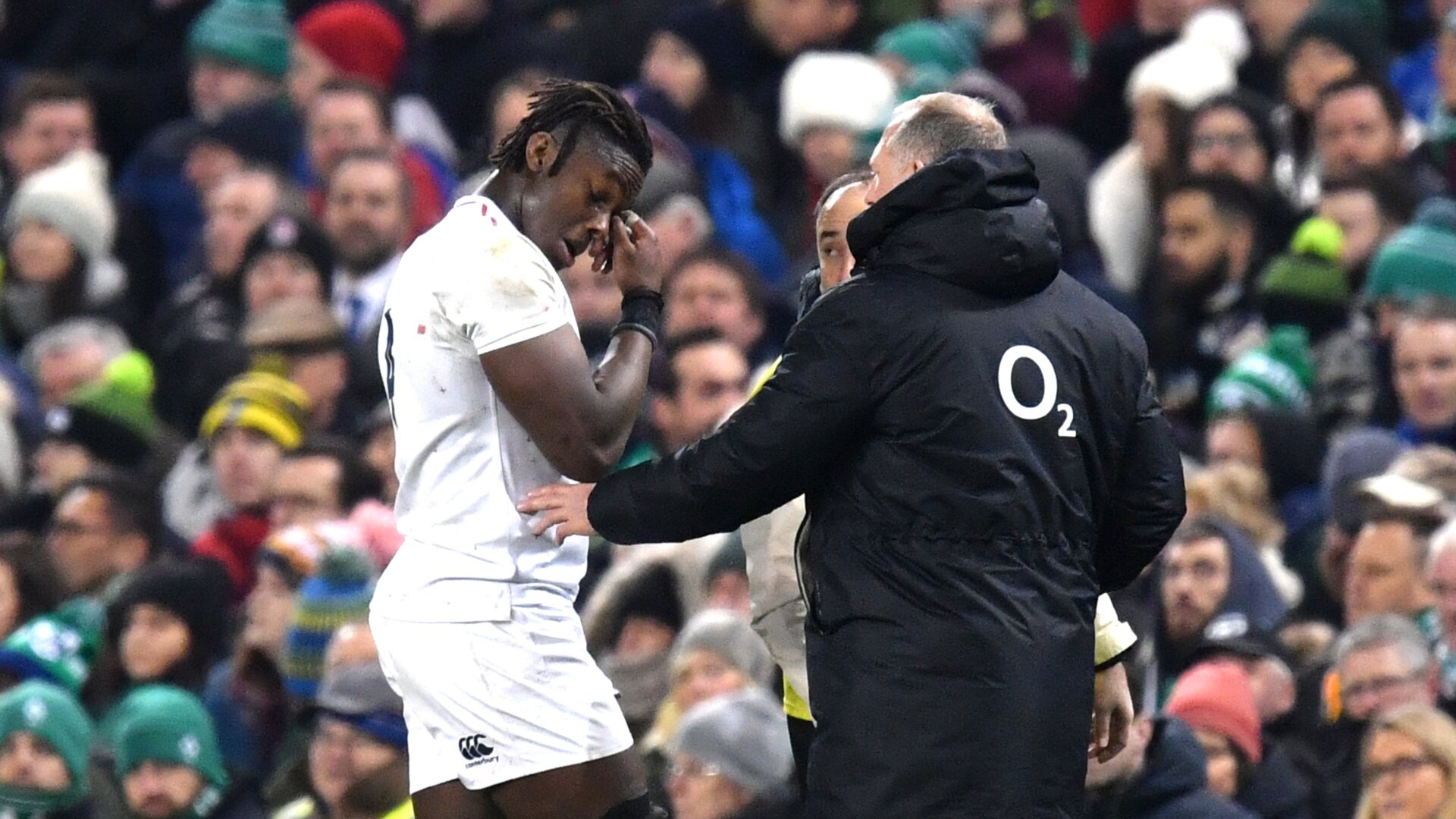Maro Itoje finally ready for action following eight-week lay-off

England lock Maro Itoje will make his comeback from injury in Saracens’ Heineken Champions Cup clash against Glasgow on Saturday.
Itoje has been sidelined since suffering a knee injury during England’s Guinness Six Nations victory over Ireland on February 2.
Eddie Jones’ team suffered in his absence, going on to lose to eventual champions Wales and draw with Scotland in a championship they had become favourites to win following their defeat of defending champions Ireland.
Having missed the remainder of the tournament, Itoje now returns following an eight-week lay-off for the quarter-final at Allianz Park, packing down at blindside flanker in a team that also includes his England colleagues Owen Farrell, George Kruis and Billy Vunipola.
Ben Spencer, who came off the bench during England’s draw with Scotland, will make his 150th Saracens appearance.
https://www.instagram.com/p/Bvl_vn9gmr3/
It will be the scrum-half’s 28th outing in Europe and he forms a half-partnership with the returning Farrell, who was unceremoniously hauled off agiualst the Scots during a spectacular match where England failed to protect a 31-point lead.
The England captain’s inclusion sees Alex Goode move back to full-back while Liam Williams switches to the wing.
George Kruis is back in the second row, while props Richard Barrington and Christian Judge join hooker Jamie George in the front row in Saracens’ only other changes from the side that defeated Harlequins at London Stadium last time out.
England forward @maroitoje returns from injury to start for @Saracens against @GlasgowWarriors
— Investec Champions Cup (@ChampionsCup) March 29, 2019
Scotland star Stuart Hogg, meanwhile, returns for Glasgow after suffering a shoulder injury while on Six Nations duty last month against Ireland. It will be the full-back’s first appearance for seven weeks.
Elsewhere, Scotland centre Sam Johnson, who scored at Twickenham, returns from Six Nations commitments in a Warriors selection that also sees Ali Price forging a half-back combination with Adam Hastings.
SARACENS – 15. Alex Goode, 14. Sean Maitland, 13. Alex Lozowski, 12. Brad Barritt (c), 11. Liam Williams, 10. Owen Farrell, 9. Ben Spencer, 1. Richard Barrington, 2. Jamie George, 3. Christian Judge, 4. Will Skelton, 5. George Kruis, 6. Maro Itoje, 7. Jackson Wray, 8. Billy Vunipola. Replacements: 16. Tom Woolstencroft, 17. Titi Lamositele, 18. Vincent Koch, 19. Nick Isiekwe, 20. Schalk Burger, 21. Tom Whiteley, 22. Nick Tompkins, 23. David Strettle.
GLASGOW WARRIORS – 15. Stuart Hogg, 14. Kyle Steyn, 13. Stafford McDowell, 12. Samuel Johnson, 11. Rory Hughes, 10. Adam Hastings, 9. Ali Price, 1. Oli Kebble, 2. Fraser Brown, 3. Zander Fagerson, 4. Tim Swinson, 5. Scott Cummings, 6. Robert Harley, 7. Callum Gibbins (c), 8. Matt Fagerson. Replacements: 16. Kevin Bryce, 17. Jamie Bhatti, 18. Siosiua Halanukonuka, 19. Jonny Gray, 20. Chris Fusaro, 21. George Horne, 22. Peter Horne, 23. Niko Matawalu.




























